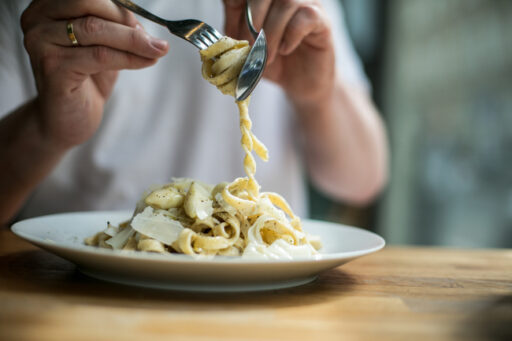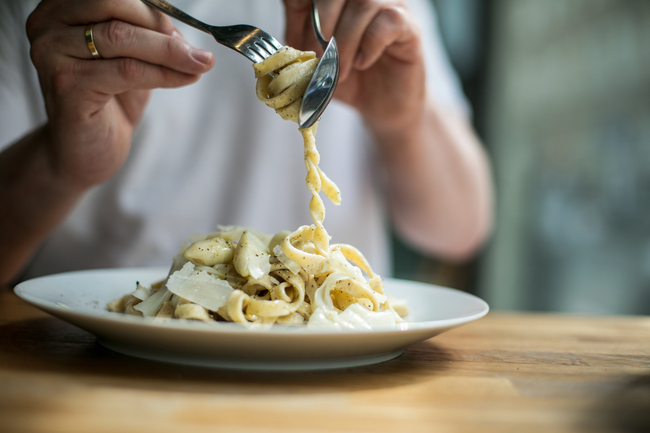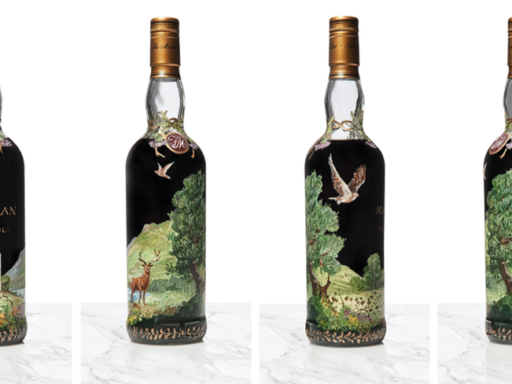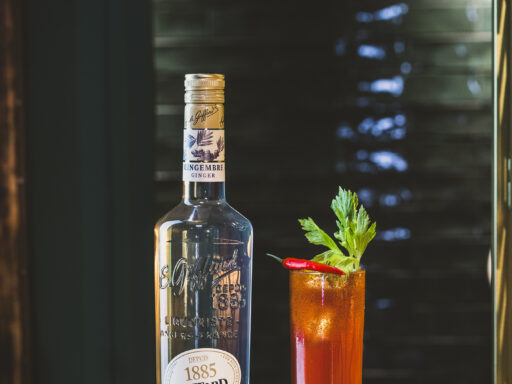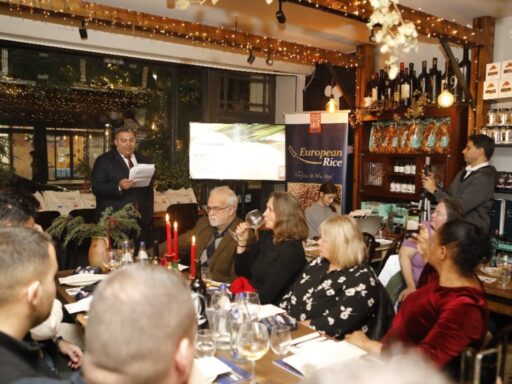The UK’s food and drink sector is set to maintain a strong reliance on EU imports despite the challenges posed by Brexit, according to fresh insights from industry supply chain experts.
A survey commissioned by the European Commission, involving wholesalers, importers, producers, and HORECA professionals across seven food and beverage sectors, revealed that the majority plan to continue sourcing from the EU over the next year.
Notably, respondents from the wine and dairy/cheese sectors indicated complete commitment, with 100% planning to increase their range of EU-sourced products. Other categories such as beer and spirits (80%), charcuterie and meat (80%), and bakery (70%) also demonstrated robust dedication to EU imports.
Conversely, the confectionery and fruit & vegetable sectors showed significantly lower levels of commitment. Just 30% of respondents from these sectors reported intentions to source additional SKUs from the EU by 2025.
Key factors influencing UK industry decision-making included quality (95%), pricing (81%), authenticity (78%), and sustainability (77%). EU products were particularly valued for their authenticity and tradition, as identified by 79% and 70% of respondents, respectively. Diversity (64%), good taste (62%), safety (59%), and high quality (54%) were also rated highly.
When considering EU food and beverage merits, 66% of respondents acknowledged the importance of the EU’s Protected Designation of Origin (PDO), Protected Geographical Indication (PGI), and Organic labels. Recognition of these certifications remains high, with the European Organic Products label identified by 93% of respondents and the PGI label by 78%.
The research, conducted in April 2024, coincides with the UK Government’s Border Trading Operating Model (BTOM), which seeks to balance border security with reduced trade barriers.
“These insights demonstrate that despite the challenges and complexities of new cross-border trade agreements, the EU remains a valued partner and important resource for the UK’s food and drink industry and is likely to remain that way,” said Andrew Crumpton, founder of AMC Consulting and advisor to the ‘More Than Only Food & Drink’ campaign.
Veryan Bliss, Managing Director of Food Intelligence and fresh produce advisor to the EU’s ‘More Than Only Food & Drink’ campaign, echoed this sentiment. “It is clear that the relationship between the UK and EU is incredibly important. In 2023 the UK was the number one destination for EU agri-food, accounting for 22% of exports and with a value of €51.3 billion.”
Bliss highlighted the geographical diversity of the EU as a key strength: “The geographical diversity of the EU ensures a steady supply of seasonal produce and often complements the UK’s own growing patterns. When certain crops are out of season in the UK, EU producers support the offer, ensuring that UK retailers can offer a consistent, high-quality selection to consumers throughout the year.”
Fresh produce professionals, however, pointed out the challenges posed by regulatory controls. “However responses from fruit and vegetable industry professionals highlight the impact of controls for fresh produce, which have been complex and changeable,” Bliss added.

